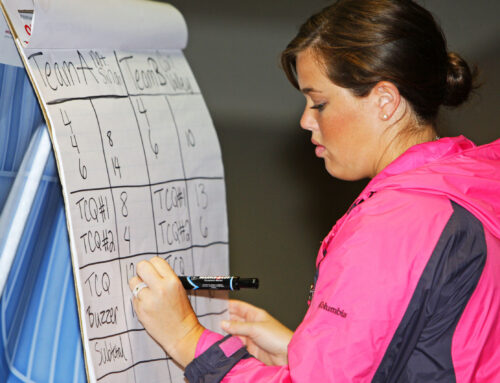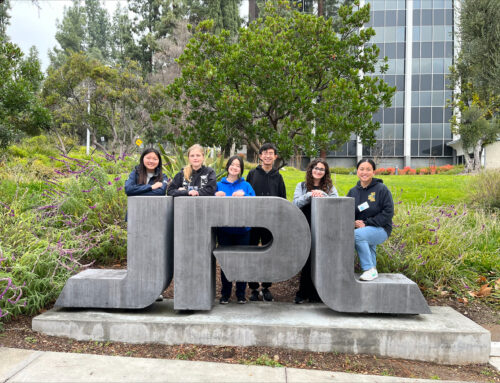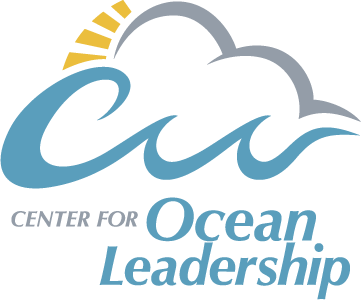
The Consortium for Ocean Leadership and National Ocean Sciences Bowl staff have made the decision to hold the 2022 national Finals competition virtually this May. This decision was not an easy one; however, based on a survey of coaches and the current state of the pandemic in the United States, a virtual Finals is the best way to ensure equity for and inclusion of all our regionally winning teams, who each face varied local policies guiding their participation, while also maintaining the safety and security of the entire NOSB community. We understand the news comes a disappointment to many, especially as we celebrate our 25th anniversary in 2022. While we may not be able to celebrate in-person this May, there is much we can still celebrate together about this significant anniversary.
Looking back on the NOSB’s 25 years of ocean science education provides an opportunity to consider how much the program has changed over the past 25 years. The number of regional competitions increased from the original eight to our current 25; competitions went paperless with the introduction of the eOSB; Team Challenge Questions were added to enhance the critical thinking skills of competitors; and the Science Expert Briefing activity at Finals was introduced to assist students with their science and policy understanding, as well as oral presentation skills. Our regional competitions have had to make adjustments when faced with challenges, sometimes literally ‘weathering the storm.’ In 2017, Hurricane Harvey caused extensive damage to our Texas partner institutions and prohibited the Dolphin and Loggerhead Challenges from taking place in February 2018. But when faced with this challenge, the NOSB community stepped up to ensure as many Texas teams who wanted to compete (accepted at the Colorado Trout Bowl) were given the opportunity. And most recently, the ongoing COVID-19 public health crisis changed how the NOSB operates. 2021 was our first-ever completely virtual competition year, and 2022 will continue that trend with many of the regional competitions also choosing to go virtual. While modifications were necessary to ensure virtual competitions were equitable and fair, the program continued because of the dedication of the Regional Coordinators, volunteers, coaches, and participating students.
Despite many changes over the years, one constant remains: the need for ocean literate citizens and a robust ocean STEM workforce. If anything, this need has grown over the past 25 years. Other important things, testaments to the strength of the program, have also not changed. The dedication shown in 2021 is nothing new; nor is our students’ excitement for our ocean, science, technology, and learning. Our regional partners’ commitment to the program brings ocean science education to nearly 2,000 students across the country each year. The number of individuals, students and adults alike, who have become more ocean literate and the numbers of students pursuing careers in ocean and environmental science as a result of their participation in the NOSB — as seen in our longitudinal study — continues to grow. Visit the NOSB’s website to learn more about the NOSB’s positive effects on its participants. And whether in person or virtually, we look forward to the NOSB’s next 25 years of educating and inspiring ocean leaders.




